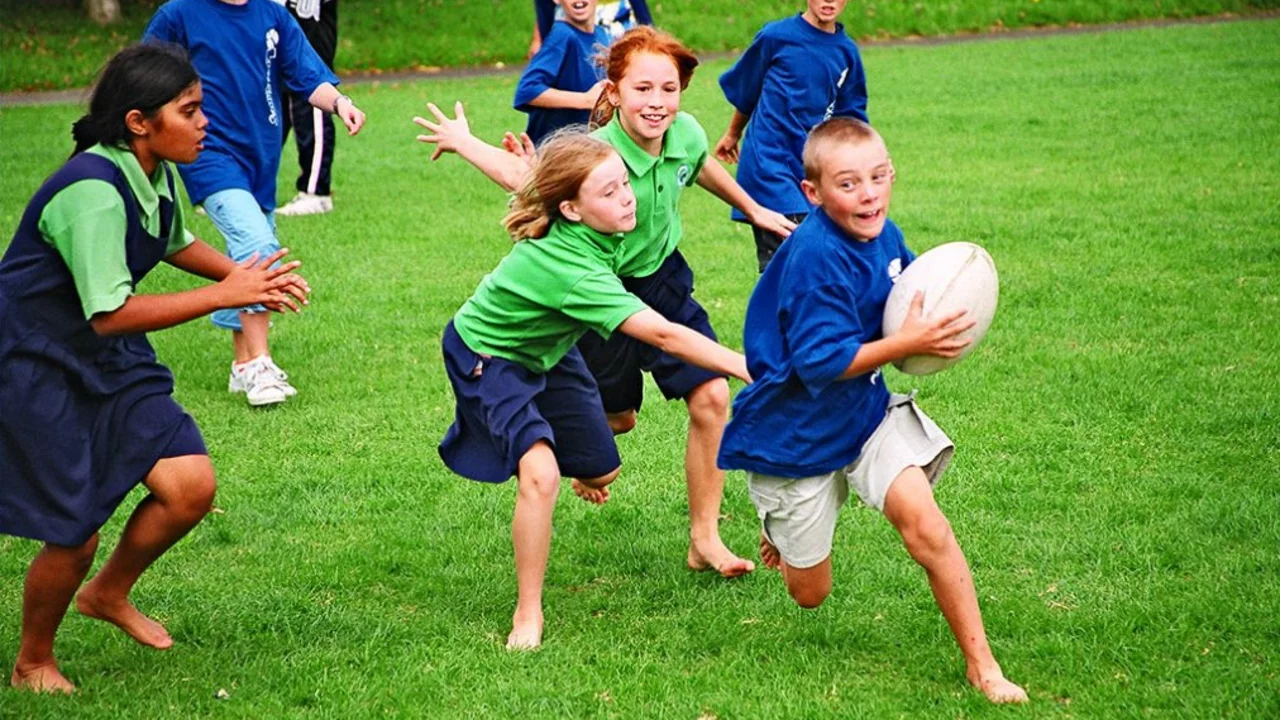Sports Psychology for Soccer: Simple Ways to Sharpen Your Mind
Ever wonder why some players seem unstoppable even when the game gets tough? It’s not just skill – it’s mindset. Sports psychology gives you tools to stay calm, focused, and confident, no matter the pressure. Below are easy habits you can start today to level up your mental game.
Build Confidence and Manage Pressure
Confidence starts with small wins. Before a match, write down three things you did well in the last training session. Reading that list before you step onto the pitch reminds your brain that you’re capable. When nerves hit, use the 4‑4‑2 breathing technique: inhale for four seconds, hold for four, exhale for four, hold again for four. It slows your heart rate and clears mental chatter.
Pressure moments, like a penalty or a last‑minute pass, feel less scary when you picture the scenario in advance. Visualize the exact foot placement, the speed of the ball, and the crowd’s noise. The brain treats vivid imagination like real practice, so you’ll react faster when the moment arrives.
Everyday Mental Practices for Better Play
Set clear, short‑term goals for each training session – for example, “improve my left‑foot pass accuracy by 10%.” Goals give your mind a target to focus on, and ticking them off builds momentum. After every game, jot down one thing you did well and one small tweak for next time. This habit turns every match into a learning opportunity instead of a judgment session.
Team chemistry also hinges on mental habits. Use a quick “check‑in” with teammates before practice: ask how they’re feeling and share one positive thought. This opens up communication, reduces tension, and creates a supportive environment that boosts collective performance.
Recovery isn’t just physical; it’s mental too. Spend five minutes after each game writing down any negative thoughts that stuck with you. Then, rewrite them as neutral statements – “I missed a chance” becomes “I missed a chance, but I’ll train that situation.” This reframing stops mental fatigue from spilling into the next training day.
Finally, keep your routine simple. A consistent pre‑match ritual – a specific warm‑up, a favorite song, or a quick stretch sequence – signals your brain that it’s game time. The ritual reduces uncertainty, making the brain more relaxed and ready to execute skills.
By adding these mental drills to your regular soccer schedule, you’ll notice sharper focus, steadier nerves, and a boost in confidence. Sports psychology isn’t a mystic science; it’s a handful of practical habits that anyone can adopt. Try one tip this week, track the difference, and keep building from there. Your mind is the biggest teammate you have – start treating it that way.

Which soccer position is mentally challenging?
In the complex world of soccer, every position comes with its unique mental challenges. However, many argue that the goalkeeper position is the most mentally demanding. It requires intense focus, split-second decision-making, and the ability to handle immense pressure. The goalkeeper is the last line of defense, and a single mistake could cost the team the game. Therefore, this role demands not just physical prowess but also a strong and resilient mindset.
View More